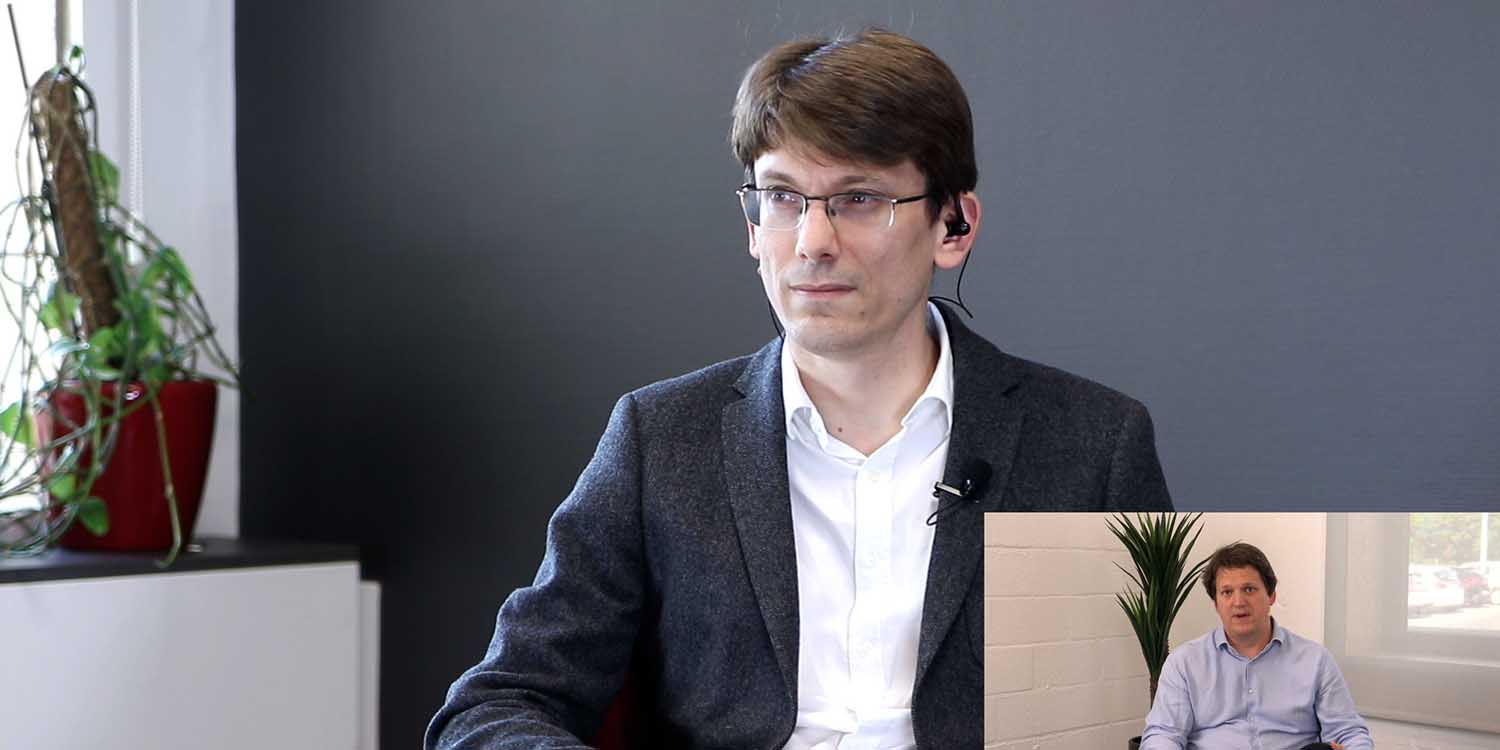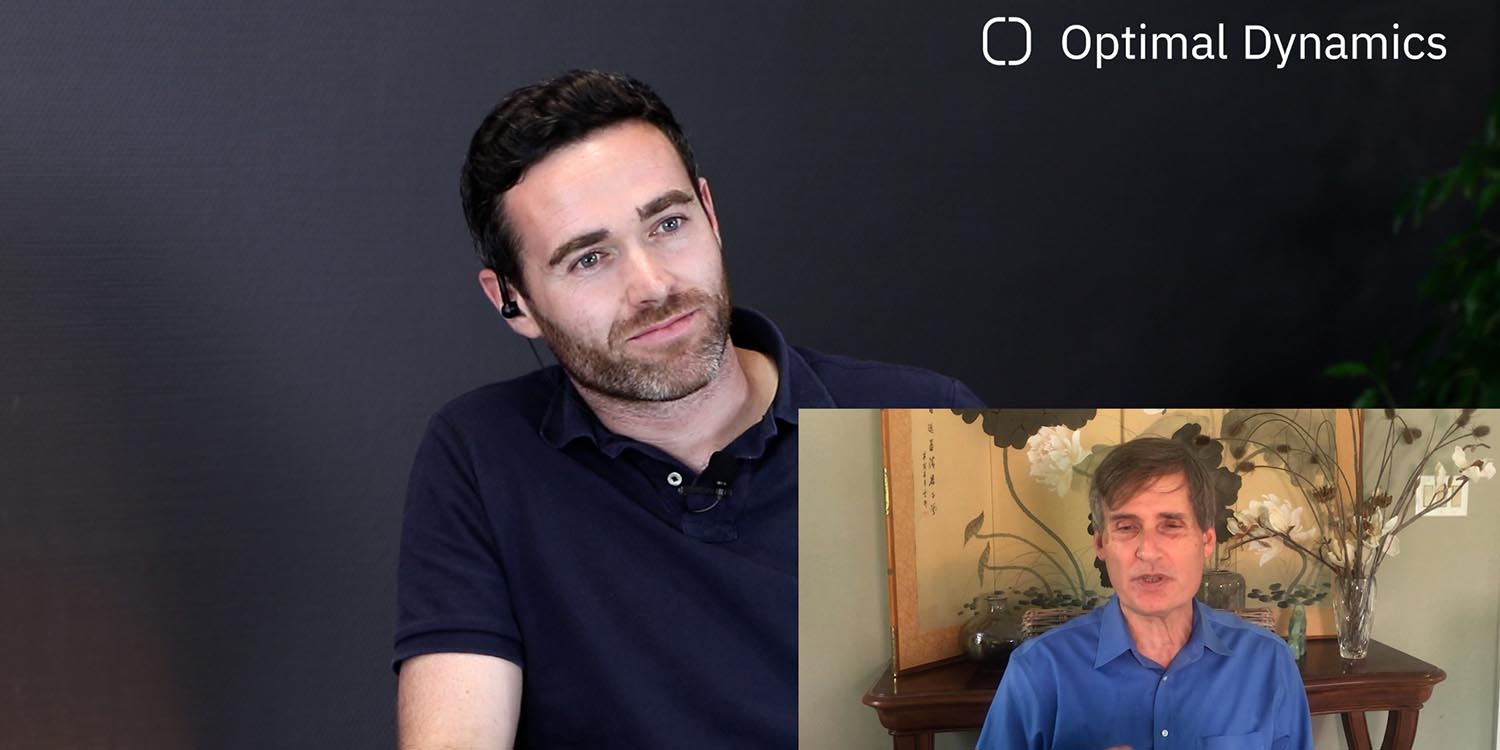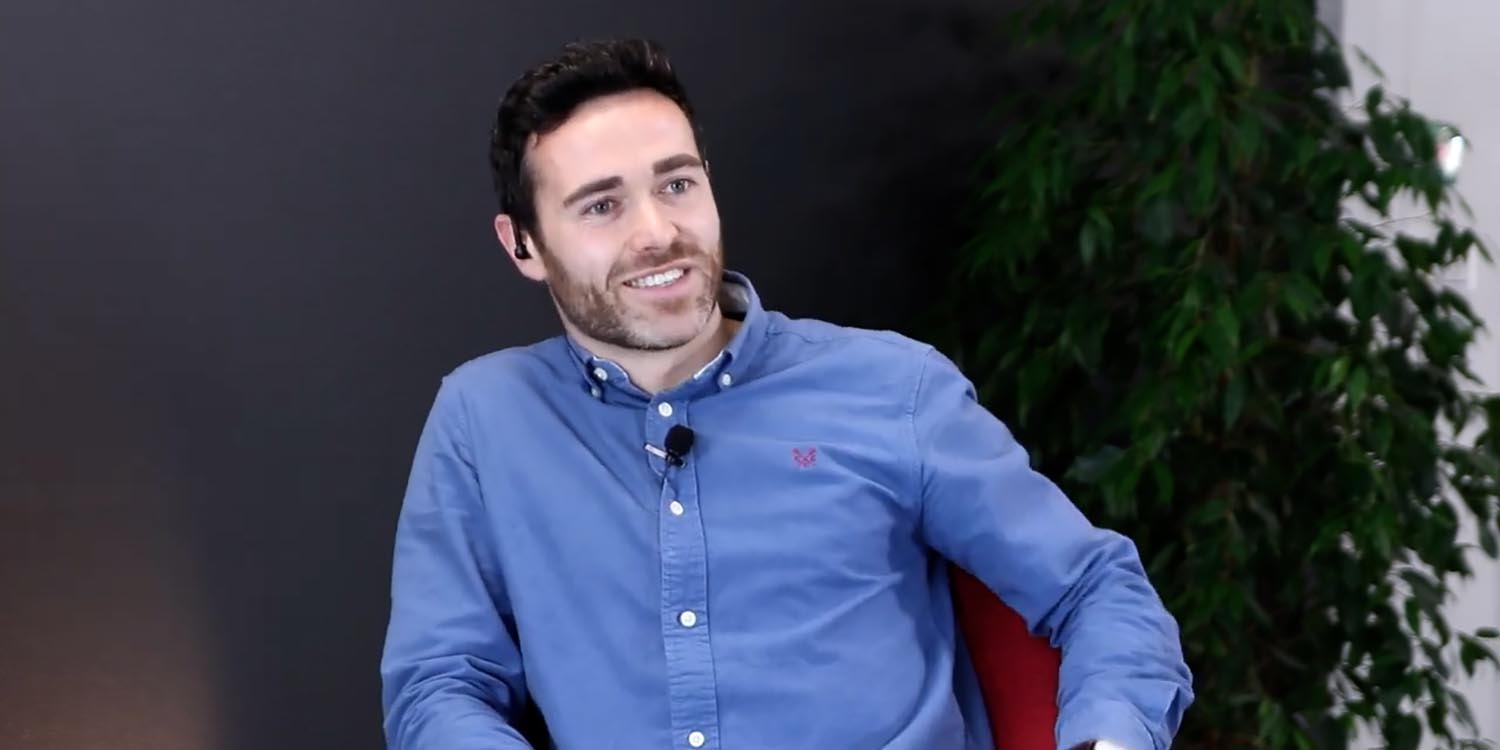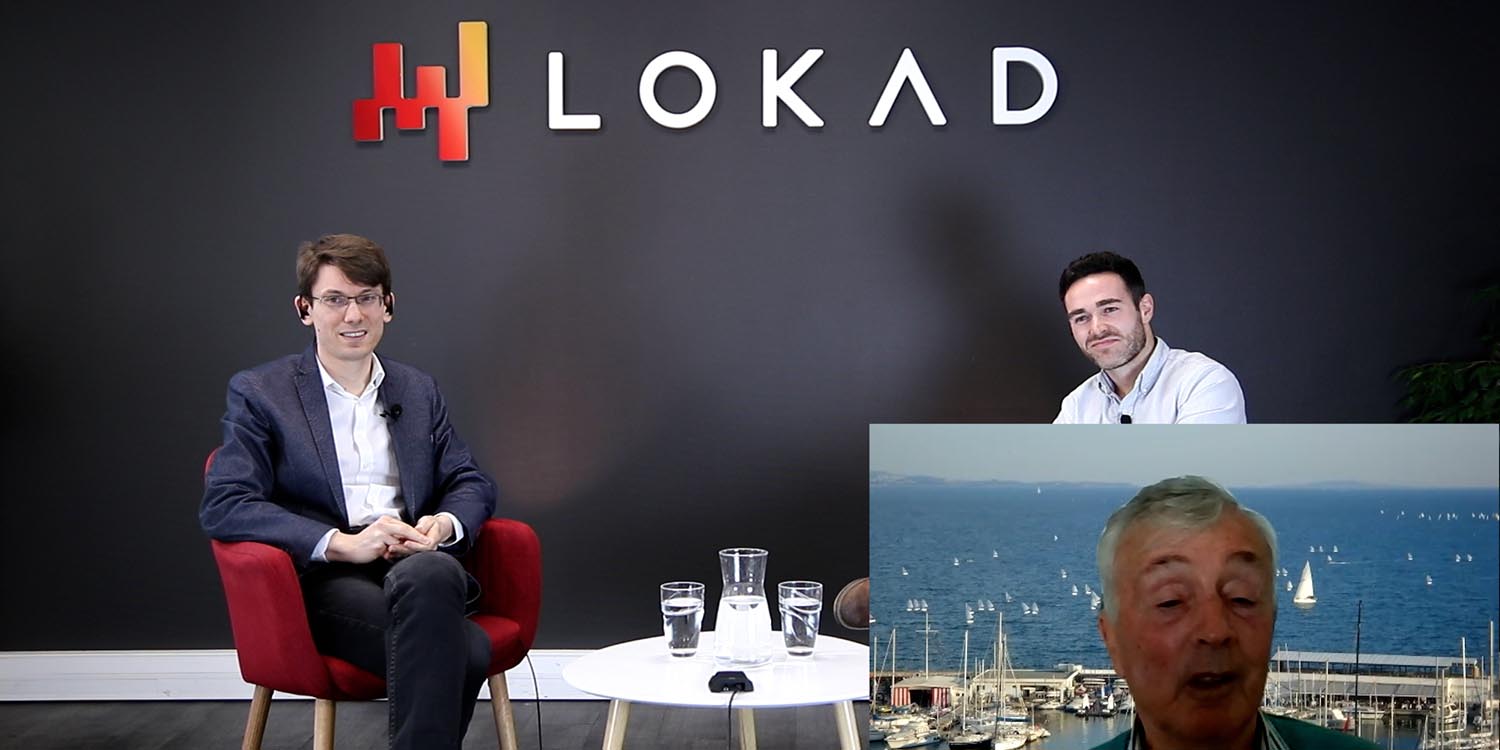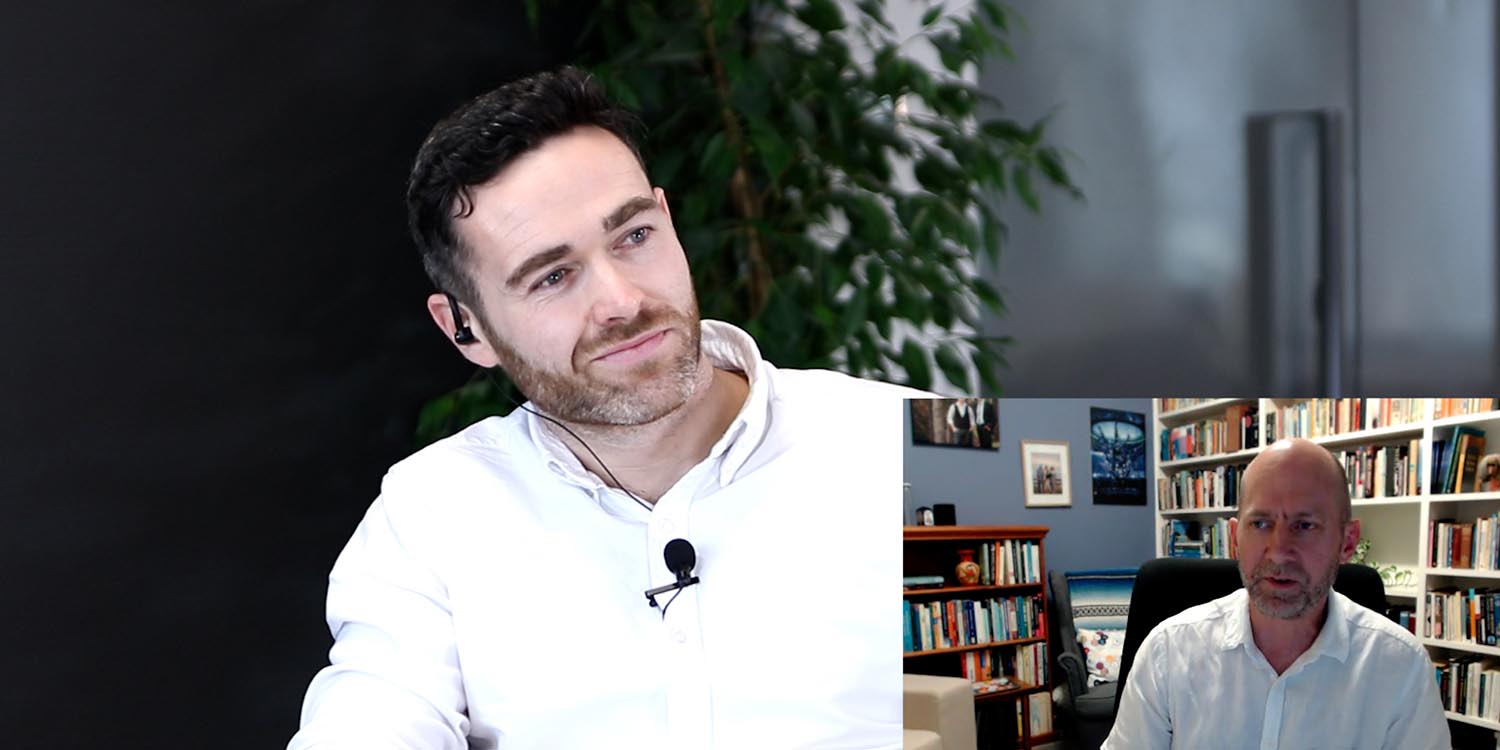Guest speakers
BACK TO LOKAD TV ›
The Strategy-driven Supply Chain (with Bram Desmet)
In this episode, we are honored to welcome Bram Desmet, professor, keynote speaker and founder of the Strategy-Driven Supply Chain Institute to discuss the profound link between supply chain and a company’s strategy.
Emerging algorithmic paradigms for supply chain optimization (with David Simchi-Levi)
In this episode we are discussing paradigms that are now emerging for optimization and learning in Supply Chain, and we are joined by Prof. David Simchi-Levi,author of over 300 publications, in which a common topic is algorithmic paradigms for supply chain.
Feedback Loops and Machine Learning in Supply Chain
Advancements in technology, such as machine learning and AI, have provoked the question on how to best apply this technology in order to maximize the supply chain performance. Can machine learning be applied in a way that, by providing it with more and more forecasting data, increasingly better forecasts are being produced through complex feedback loops?
Starting a Career in Supply Chain (with Lora Cecere)
In this episode, we are honored to welcome Lora Cecere, the founder of Supply Chain Insights and expert industry analyst with over 35 years of diverse experience in the field to discuss Starting a Career in Supply Chain and the attractive opportunities it brings.
Dusting the ERP market (with Fabien Pinkaers)
The Enterprise Resource Planning (ERP) market has become almost overgrown with the variety of software solutions offered. Several tech giants are dominating the market, such as SAP, Oracle, Microsoft, and now also Odoo which has become a key player. In this episode, we are thrilled to be joined by Odoo's founder, Fabien Pinckaers, to explore how the ERP market has been both developing in the last decades, but also stagnating.
The Future shaping the Past in Supply Chain (with Warren Powell) - Ep 121
In supply chains, there's often somewhat of a catch-22 between the optimum decisions you can take today and how these can affect the decisions you can take tomorrow. For this episode of LokadTV, we're delighted to be joined by Warren Powell to discuss the difference between policy and point forecasts and how these can be used to optimize those catch-22 decisions.
The bullwhip effect (with Stephen Disney)
The "Bullwhip Effect" was an influential paper published in 1997 that looked at how transactional information can be distorted, resulting in knock-on effects upstream on the supply chain. For this episode of LokadTV, we're delighted to welcome Stephen Disney to learn more about how this phenomenon occurs and what impact it can have on supply chain practitioners.
Nonsense in Management Studies (with Dennis Tourish)
The study of management can often tread a fine line between art and science, which naturally paints a confusing picture for many company leaders. For this episode of LokadTV, we're delighted to be joined by Dennis Tourish to discuss how much management research can be trusted and what we can learn from his book, "Management Studies in Crisis':' Fraud, Deception and Meaningless Research."
Half a century of forecasting science (with Spyros Makridakis)
When it comes to forecasting, we often take it for granted that there are already techniques that have been fully tried and tested. Our guest for this episode didn't have that luxury. For this episode of LokadTV, we welcome Spyros Makridakis, one of the forefathers of forecasting, to discuss its evolution over the past 50 years.
Forecasting elements that stand the test of time (with Rob Hyndman)
Forecasting is an ancient practice that is constantly evolving. As such, many pieces of software fail to stand the test of time. For this episode of LokadTV, we have the pleasure of welcoming Rob Hyndman, whose implemented open-source software has been downloaded by millions of users. We discuss the sustainability of real-world forecasting techniques.




